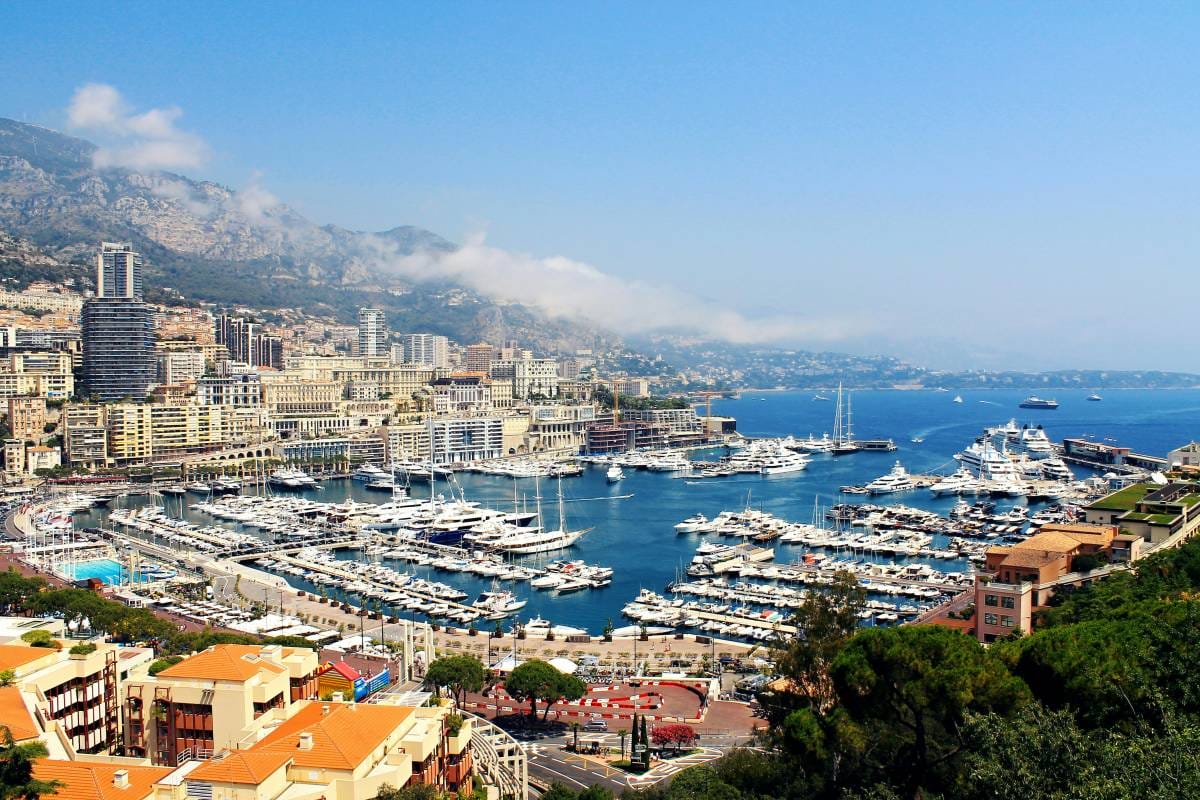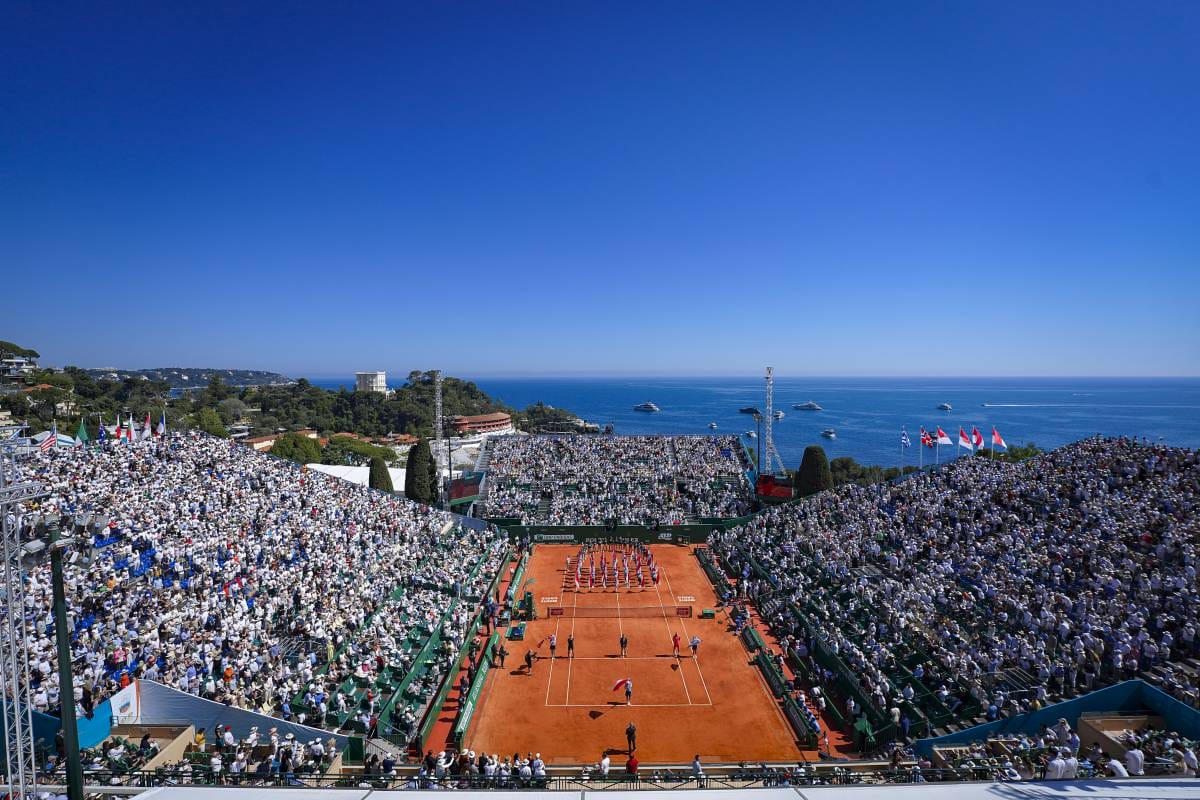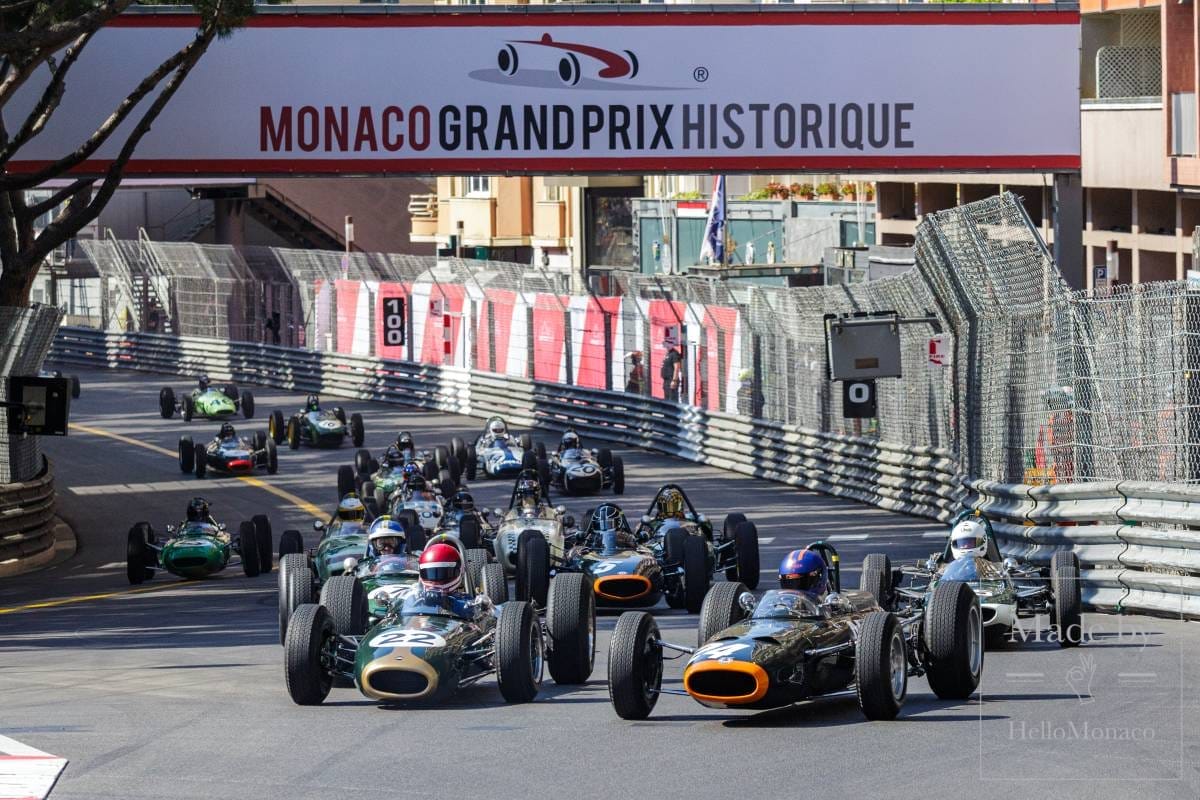If you were to ask the average person to name the five most famous casinos in the world, chances are there would be an appearance from at least one of The Bellagio, Caesars Palace, and The Venetian. One venue guaranteed to be named, though, is the Casino de Monte Carlo.
The Monegasque casino is not just famous for being the hub of European gambling; it’s also somewhat of a cultural phenomenon, as well, appearing in a number of movies and TV shows. The Casino de Monte Carlo is also a regular haunt of Europe’s social elite and has been ever since its opening in 1863.
Despite being home to the continent’s most famous casino, Monaco has some of the most contradictory gambling laws on the planet. In this article we take a closer look at the laws, but before that, let’s take a trip back to the mid-19th century…
Princess Caroline
Maria Caroline Gibert de Lametz, or Princess Caroline for short, was born in 1793 to Charles-Thomas and Marie-Francoise, both members of high society in France. Rather than choosing a life of leisure, Maria opted for a career treading the boards, which is where she met her husband, Prince Florestine of Monaco.
During the early years of their marriage, Maria proved herself to be quite the savvy businesswoman, managing the family’s finances and her husband’s inherited wealth with aplomb. When her husband ascended to the Monagesque throne in 1841, Maria became Princess Caroline, and also the brains behind her husband’s administration.
Florestan took the throne at a turbulent time, not only in terms of economics but also in politics, with the air of revolution still hanging thickly in the air. Thanks to his wife’s counsel, however, he managed to largely address the economic turmoil that plagued Monaco. One of the major drivers in that was the opening of the Casino de Monte Carlo.
Princess Caroline recognized the demand for a high-quality casino amongst the upper classes of European society, so she set about creating one in Monaco. The Casino de Monte Carlo opened its doors in 1848 and wasn’t just somewhere to gamble. It was somewhere for the most exclusive people on the continent to mingle and be seen.
Russian Princes, Austrian dukes, and British admirals all began to be seen at the casino, along with a number of famous faces such as Fyodor Dostoyevsky and Alexandre Dumas. What gave the casino extra exclusivity, however, is that citizens of Monaco were forbidden from entering it for anything other than work.
This decision wasn’t taken to create a feeling of exclusivity, though. It was taken to ensure that the citizens of Monaco fully felt the economic benefits of the casino without having to experience the darker side of gambling problems.
Princess Caroline wanted the Casino de Monte Carlo to act to extract wealth from foreigners to the direct benefit of her and her husband’s subjects, and that law has remained in place ever since. At the time of writing, the 9,800 or so people who claim Monegasque citizenship are unable to gamble in the country.
Adapting to a Modern World
The global gambling industry is somewhat different in 2025 to what it was in 1848, yet Monaco’s strict gambling laws are still in place, even online. Whereas blackjack and roulette fans in the US can use Casino.org to look for new online casinos, the 9,800 Monegasque nationals cannot.
The current reasoning behind this law is the same as it was back in 1848, the administration of Monaco is happy to extract the wealth of foreign gambling laws whilst protecting its own natives from the potential social harm.
Currently as well, there appears to be little to no appetite for a change in the law. Unlike the USA, Canada and Finland where public pressure rose to a point that it could no longer be ignored, there are unlikely to be the same developments in Monaco.
This is largely down to the population size of the country. Of the 40,000 or so inhabitants of the principality, only a quarter are native and even a smaller percentage of that number are of legal gambling age.
Plus, Monaco has nowhere near the same economic need to develop a regulated and fully licensed online gambling industry. The principality is a haven for the rich and famous, as the staggering GDP per capita of $256,580.52 USD illustrates.
So, for now, it appears that the decision of a 19th-century Princess will continue to dictate Monaco’s gambling laws for the foreseeable future. Which, judging by the country’s economic performance since, isn’t the worst of ideas!









